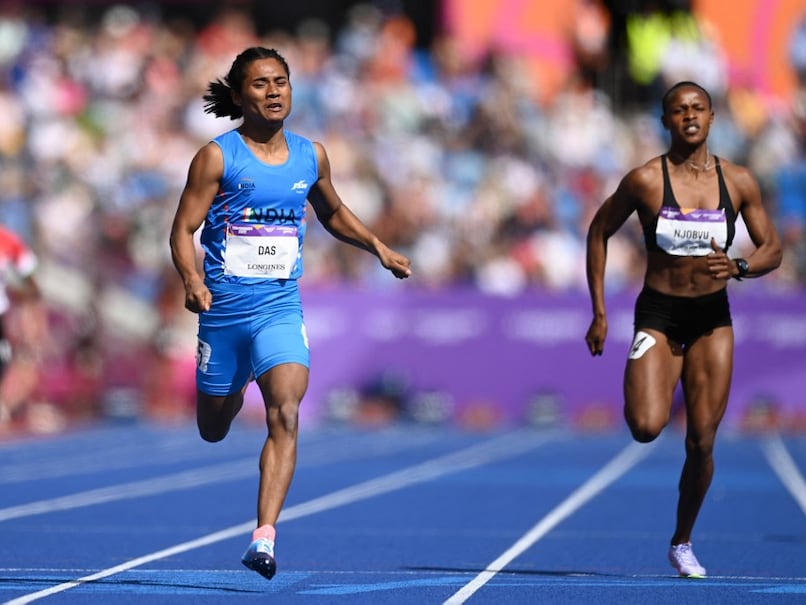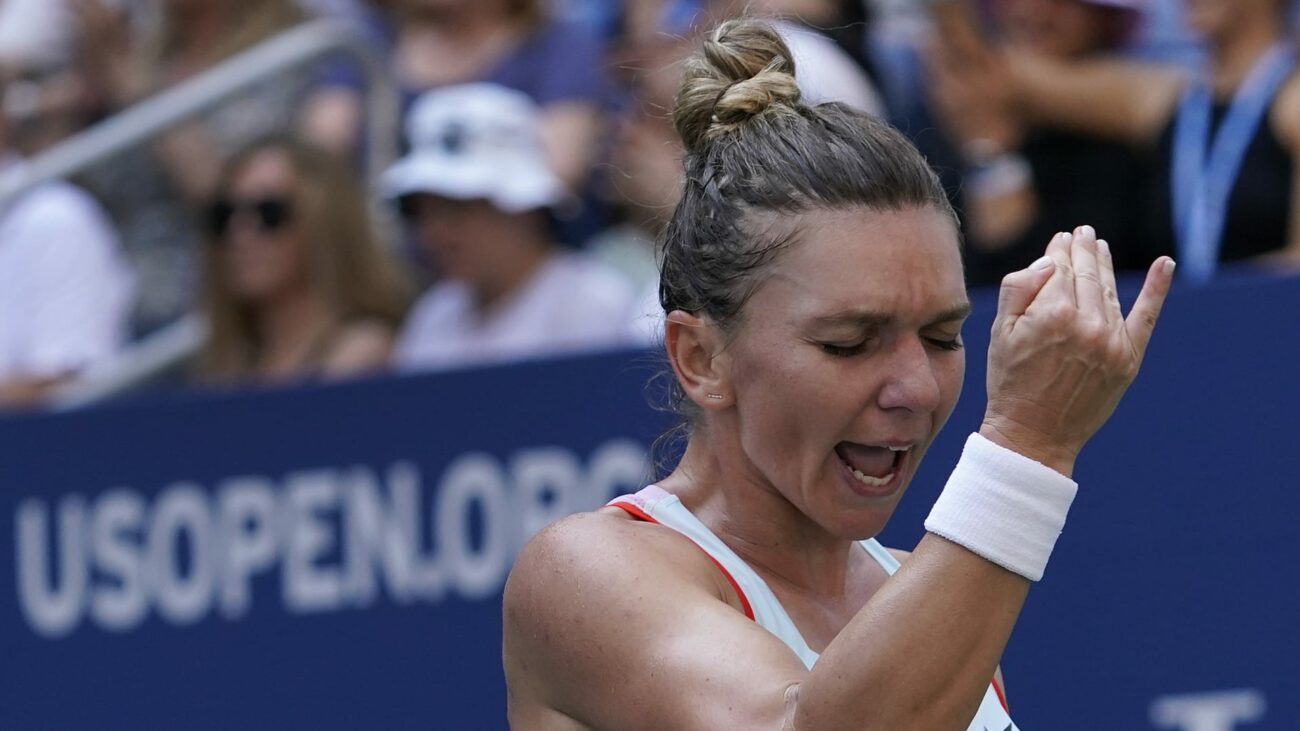Bajrang Punia Suspended by UWW for Anti-Doping Violation
Bajrang Punia, India’s star wrestler and Tokyo Olympic medalist, has been provisionally suspended by the United World Wrestling (UWW) for an alleged anti-doping rule violation. The suspension stems from an incident on March 10, when Punia refused to provide a sample after the selection trials in Sonepat.
The National Anti-Doping Agency (NADA) issued a notice to Punia on April 23, requesting a response by May 7. In his defense, Punia released a video on social media, questioning NADA’s use of an expired sample collection kit in December.
Punia’s lawyer, Vidhuspat Singhania, confirmed that they had submitted a reply to NADA’s notice on May 7. However, he expressed unawareness of the UWW suspension.
According to UWW records, Punia’s suspension will remain in effect until December 31, 2024. The suspension is based on NADA’s provisional suspension for an alleged anti-doping rule violation.
Provisional suspensions by anti-doping authorities apply to all competitions, both domestic and international, until the charges are resolved. International federations typically do not issue separate suspensions in such cases.
The hearing in Punia’s case has yet to commence. However, UWW rules allow for provisional suspensions in cases of anti-doping rule violations that do not involve an adverse analytical finding or a final hearing.
Punia’s suspension is a significant setback for his Olympic aspirations. He failed to qualify for the two Olympic qualifiers after losing in the Sonepat trials. India has yet to secure an Olympic berth in the 65kg weight class, which will be contested by Sujeet Kalkal in the ongoing World Qualifiers.
If Punia is ultimately banned for refusing to provide a sample, his Olympic dreams will be shattered.
In a separate development, NADA has withdrawn a notice of “three whereabouts failures” against Punia. Singhania clarified that the notice was issued in error and that it had been retracted.






